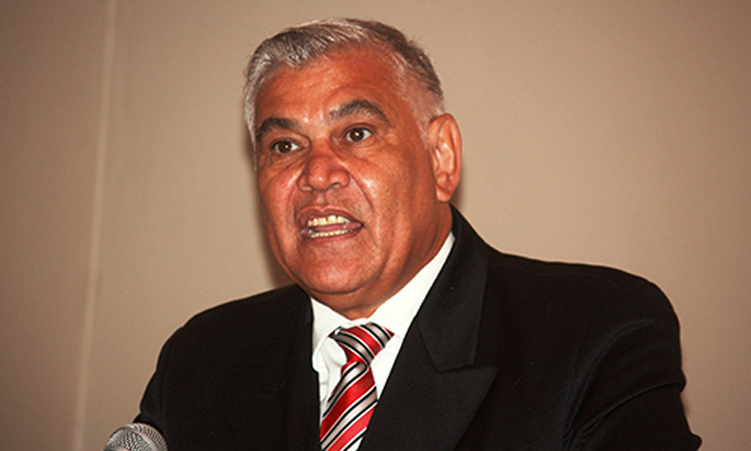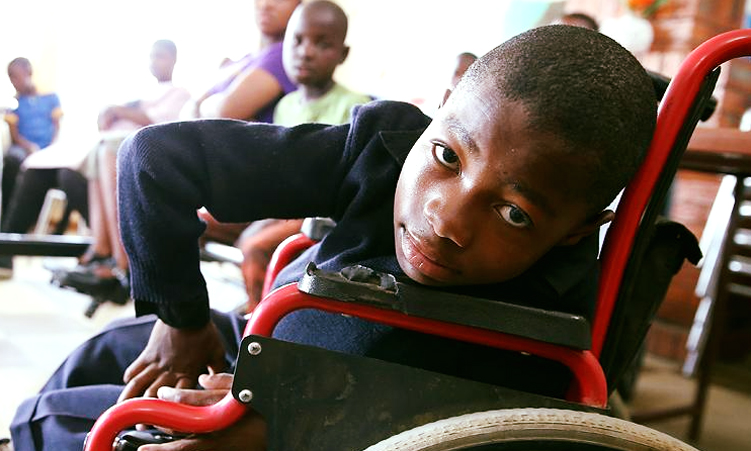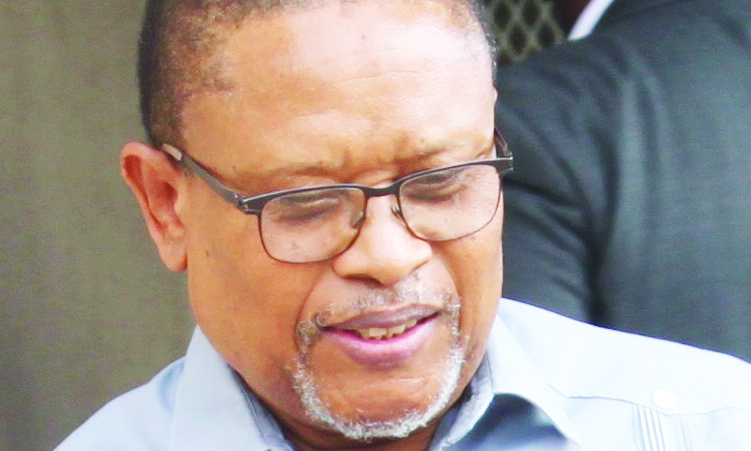D urban – White women should not be part of employment equity policies and should not be classified as a designated group that made them eligible for affirmative action because apartheid policies had not discriminated against them, Diane Schneider, a partner at Deloitte & Touche, said last week.
Speaking during the 23rd convention of the Association for the Advancement of Black Accountants, Schneider said white women had not been not systematically excluded, instead they had been prejudiced by their own society. “From a practical point of view, black economic empowerment and the [Employment] Equity Act should be aligned to ensure that there is no confusion,” said Schneider.She said the debate about female empowerment should move from being initiatives and a series of events that were just “add-ons” to become strategies linked to business growth and sustainability.Schneider’s views were supported by other delegates.Gugu Moloi, the founder of Iman Africa, said that previously white women had had a choice, unlike black women, who had been prevented from exercising their rights by apartheid legislation.Anneke Potgieter, the financial manager at Suncoast Casino, said white women sometimes forgot that they had not been previously disadvantaged.”Maybe 10 years ago it was a challenge for white women to climb the ladder, but in modern times, things have changed completely,” said Potgieter.It is not the first time that a call has been made to exclude white women from policies that were designed to empower previously disadvantaged groups.Last year Jimmy Manyi, in his capacity as the chairperson of the employment equity commission, said the status of white women as a disadvantaged group should be reviewed because they had surpassed the employment targets.Manyi said this would help to shift the focus to other groups, such as those with disabilities and black women.Sindi Koyana, the president of African Women Chartered Accountants, agreed with Schneider.”In our case, we were totally excluded and the [current] systems are trying to redress the past.[White women] felt disempowered by their own society and that requires a different solution,” she said.But Jaco Kleinhans, the spokesperson for the mainly white Solidarity trade union, opposed this view, saying white women would not have been included in the empowerment policies if they had not been disadvantaged during apartheid.”There were policies that were generally negative [towards] them and this was quite general 10 to 20 years ago … That is why they were included when these policies were formulated,” said Kleinhans.”From a practical point of view, black economic empowerment and the [Employment] Equity Act should be aligned to ensure that there is no confusion,” said Schneider.She said the debate about female empowerment should move from being initiatives and a series of events that were just “add-ons” to become strategies linked to business growth and sustainability.Schneider’s views were supported by other delegates.Gugu Moloi, the founder of Iman Africa, said that previously white women had had a choice, unlike black women, who had been prevented from exercising their rights by apartheid legislation.Anneke Potgieter, the financial manager at Suncoast Casino, said white women sometimes forgot that they had not been previously disadvantaged.”Maybe 10 years ago it was a challenge for white women to climb the ladder, but in modern times, things have changed completely,” said Potgieter.It is not the first time that a call has been made to exclude white women from policies that were designed to empower previously disadvantaged groups.Last year Jimmy Manyi, in his capacity as the chairperson of the employment equity commission, said the status of white women as a disadvantaged group should be reviewed because they had surpassed the employment targets.Manyi said this would help to shift the focus to other groups, such as those with disabilities and black women.Sindi Koyana, the president of African Women Chartered Accountants, agreed with Schneider.”In our case, we were totally excluded and the [current] systems are trying to redress the past.[White women] felt disempowered by their own society and that requires a different solution,” she said.But Jaco Kleinhans, the spokesperson for the mainly white Solidarity trade union, opposed this view, saying white women would not have been included in the empowerment policies if they had not been disadvantaged during apartheid.”There were policies that were generally negative [towards] them and this was quite general 10 to 20 years ago … That is why they were included when these policies were formulated,” said Kleinhans.
Stay informed with The Namibian – your source for credible journalism. Get in-depth reporting and opinions for
only N$85 a month. Invest in journalism, invest in democracy –
Subscribe Now!






